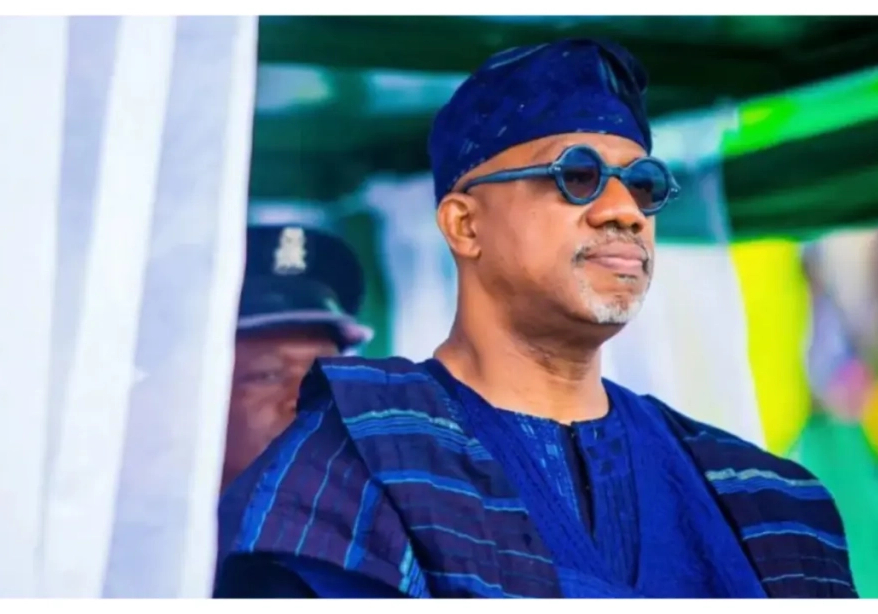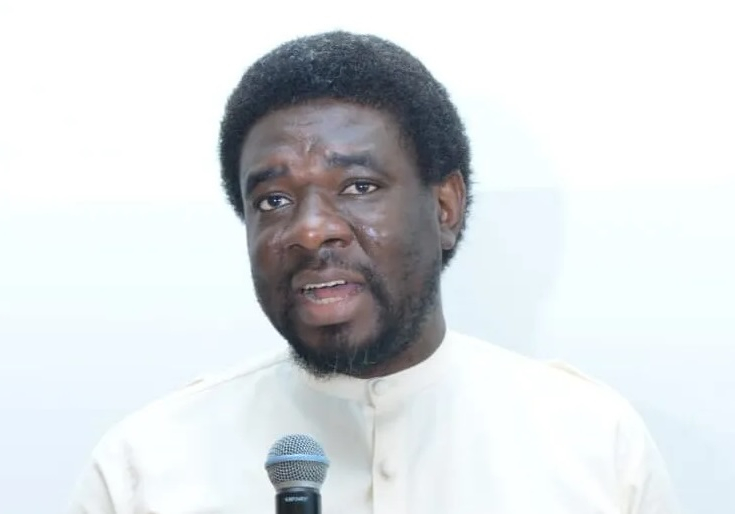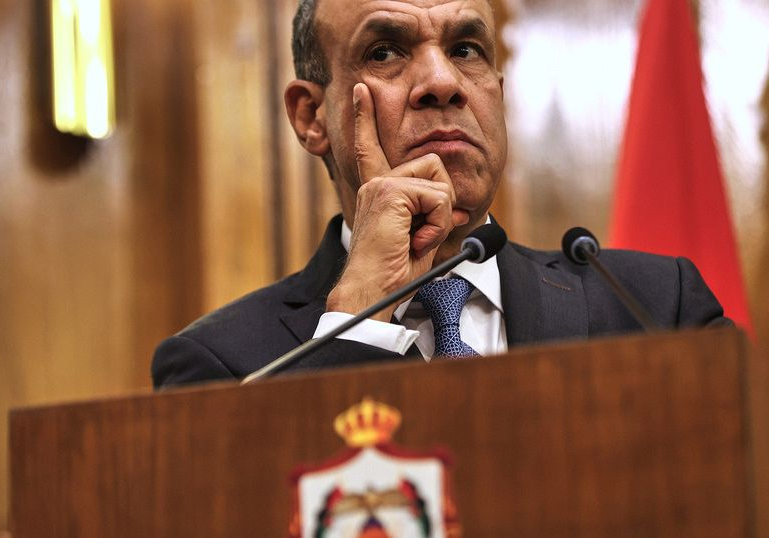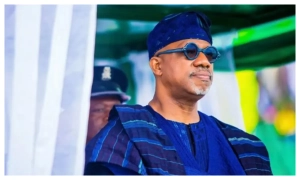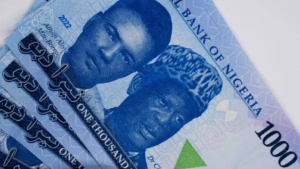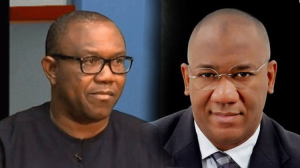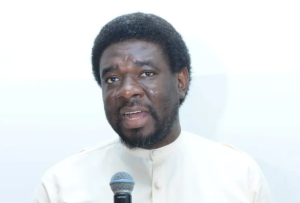Tunisian President Kais Saied Set to Win Re-Election Amidst Concerns Over Election Integrity
Tunisia is set to hold its third presidential election since the 2011 Arab Spring uprising, with President Kais Saied facing few obstacles to winning re-election on Sunday. Saied’s major opponents have been either imprisoned or left off the ballot, raising concerns over the election’s integrity.
The North African country’s October 6 election is seen as a crucial moment for Tunisia’s future trajectory. International observers have praised the previous two contests as meeting democratic norms, but a raft of arrests and actions taken by a Saied-appointed election authority have raised doubts about whether this year’s race is free and fair. Opposition parties have called for a boycott, citing concerns over the lack of transparency and fairness in the electoral process.
Michael Ayari, Senior Analyst for Algeria & Tunisia at the International Crisis Group, told the Associated Press that questions loom over Tunisia’s future trajectory. “Will Saied’s rule last forever? That is the question. Is it possible to change the political system in a peaceful way? Or are Tunisians condemned to have a president who will stay in power for 30 years? Who will stay for 20 or 30 years and will put in place his program and the country will become more and more authoritarian?”
Despite these concerns, Saied has ardent supporters who see this election as a “key moment” for him to reinforce his power and carry out his program to “liberate the country from a kind of Western domination.” Tunisia has maintained ties with its traditional Western allies but has also forged new partnerships under Saied, including lifting visa requirements with Iran and announcing plans to boost trade ties. The country has also accepted millions in loans as part of China’s Belt and Road Initiative to build hospitals, stadiums, and ports.
As Tunisia heads to the polls, the international community is watching closely to see if the country can maintain its democratic gains or if Saied’s rule will become more authoritarian. The outcome of the election will have significant implications for Tunisia’s future and its relationship with the international community.


